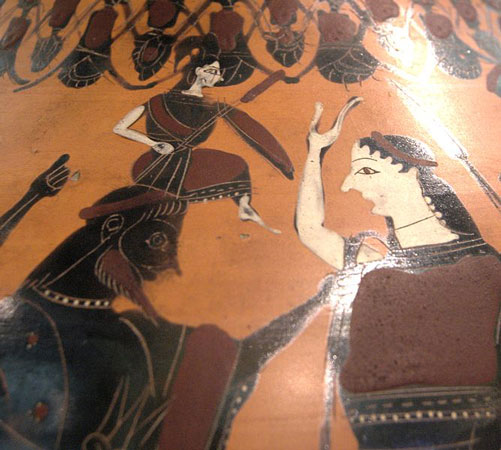As a child, I was lucky enough to be surrounded by parents and teachers who took great pains to make me feel smart and gifted. I was lucky to grow up in an environment surrounded by books and rich opportunities for learning. I was seen by others, and therefore myself as precocious and talented. If we combine this generally ambient awareness of personal wonderfulness with a million Cinderella-like fairy tales of the hidden princess or the boy who pulled the sword from the stone, we get a recipe for something more insidious: the hidden genius.
Somewhere along the way the stream of praise and affirmation I received mixed with our beloved societal narrative of the extraordinary individual and I begun to believe that maybe I was secretly a genius. My genius, of course, was latent. It was not immediately visible, but there were hints and suggestions. My genius was laying in wait for the perfect moment to explode into the public view and be showered with recognition and acclaim. Maybe there would be a parade.
Once this myth takes hold in the mind, it can become a secret drip of nourishing honey for the ego. We think “I may be getting terrible grades now, but that’s because school is stupid and I don’t care about it” or “This job is meaningless and below me, that is why my hidden greatness is unrecognized”. The idea that we may be carrying hidden genius allows us to rebut the feedback of the big mean world. It represents a kind of counter narrative to the cruel indifference of reality. The longer this narrative persists, the greater the stakes. If our genius remains unrevealed, the moment at which we reveal it takes on higher and higher stakes. The possibility that we will whip back the curtain and be met with yawns is a kind of existential threat.
The hidden genius narrative is self-perpetuating. In order for it to function, it must remain hidden. In order for us to remain an undiscovered Cinderella in our mind, we cannot try on the glass slipper even once, lest it be revealed that it does not fit. As you may imagine, this is pure poison. No one leaps from behind the curtain fully formed. Like babies, we all must stumble out, fall on our faces, poop in our pants and smear food on the walls as we make our first attempts at self-expression. We are not Athena who emerges fully formed and armored from the head of Zeus. We are humans and we are deeply imperfect.
A healthier narrative in my mind is growth in the public eye. Most sane and loving people love to watch things grow, to fall and get up again, and to break new ground, even if that is only new ground for ourselves. A baby’s first word is no less wonderful for the fact that it is not a new word entirely, or a poem, or a speech. The idea that we will grow secretly behind the curtain, and suddenly burst into view perfect is a kind of sickness, and more importantly an impossibility. To be seen is one of our great human needs, it’s the source of all human dignity, connection and love. The hidden genius is never seen, and will never be, because it doesn’t exist. To be truly seen requires an acceptance of vulnerability, and a willingness to be seen when we are weak and struggling.





